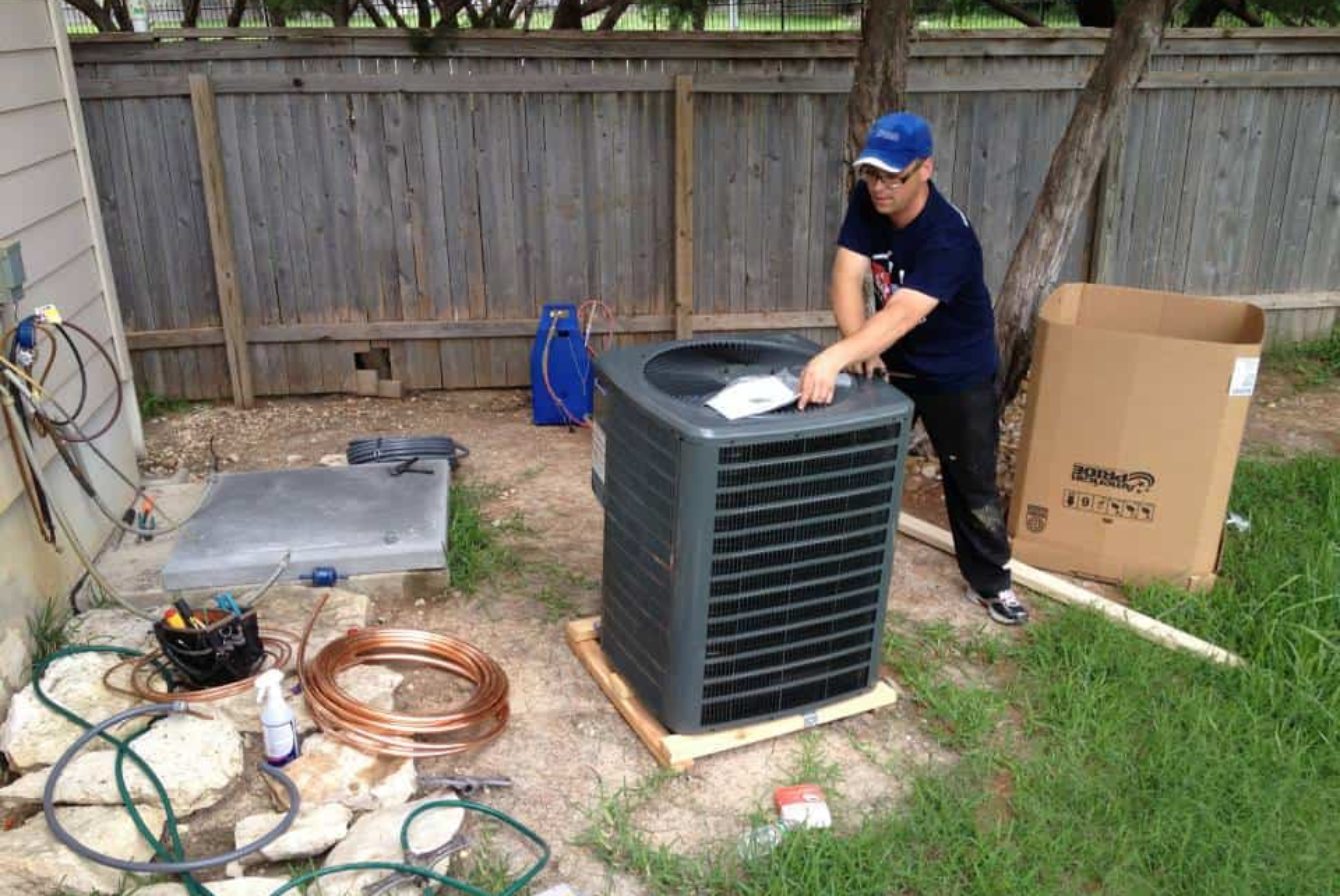When it comes to keeping a cozy home, your HVAC system plays a critical role. HVAC, an acronym for heating, ventilation, and air conditioning, is important for regulating indoor air quality and temperature throughout. Nonetheless, like any other system in your home, HVAC units have a finite lifespan and may require replacement. Recognizing when to replace your HVAC system can prevent you time, money, and unnecessary discomfort.
Several key indicators can assist you in your decision. From higher energy bills and unusual noises to inconsistent temperatures and age-related concerns, understanding the signs that your HVAC system may be failing is crucial. By being aware about these indicators, you can ensure that your home remains a cozy sanctuary no matter the season, while also choosing the right options when the time comes to invest in a new system.
Understanding HVAC Systems
HVAC stands for heating, ventilation, and air conditioning, which are vital components for maintaining a suitable indoor environment. Such systems regulate heat levels, moisture, and indoor air conditions, playing a significant role in residential and business settings. Understanding HVAC systems can help homeowners and business owners make educated decisions about their requirements and provide maximum comfort year-round.
Heat components generally include furnaces, heat pumps, or boilers, depending on the home’s design and local weather. Cooling systems usually consist of air conditioners or swamp coolers that work to lower indoor heat levels during hotter months. Air exchange is the method of exchanging indoor air with outdoor air, which ensures fresh air flow and aids filter out indoor pollutants. In tandem, these factors create an integrated system that enhances overall satisfaction and energy effectiveness.
Consistent maintenance and timely upgrades to HVAC systems are crucial to their functionality and durability. Through keeping these systems in good working condition, you can avoid frequent problems and ensure a healthy indoor space. Knowing how each component works in unison is the initial step toward making the best choices for your residence or commercial heating and cooling requirements.
Frequent HVAC Issues and Solutions
Numerous homeowners encounter challenges with their HVAC systems at some point. One common issue is inadequate heating or cooling. This can often be traced back to unkept air filters, which limit airflow. Regularly changing or cleaning the air filters can greatly improve the efficiency of your system. If this doesn’t resolve the issue, checking the vents for blockages or inspecting the ductwork for leaks may be required.
Another common issue is unusual noises coming from the HVAC unit. Rattling, humming, or squealing https://www.berkeys.com/air-conditioning/ can indicate that something is wrong. Worn components, such as screws or mounts, might be responsible for these noises. Tightening those parts or scheduling a professional inspection can help avoid further damage. In some cases, the problem could be related to defective motors or belts, which would need to be replaced.
Thermostat problems can also lead to frustration with HVAC performance. If the system runs when it shouldn’t or fails to start, the thermostat may need recalibration or replacement. Additionally, smart thermostats can offer enhanced control and scheduling options, improving comfort and energy efficiency. Making sure that the thermostat is placed in an area with accurate temperature readings is also crucial for performance.
When should Upgrade Your HVAC Unit
Figuring out when to replace your HVAC system can be difficult, yet you'll find specific signs that signal it may be time for a new unit. A major indicator is the tan of the system. Most HVAC units typically last of about 15 to 20 years. If the unit is approaching or surpassing this age, it may be less efficient and more prone to breakdowns, which can lead to higher repair costs and energy bills. Investing in a new system can provide greater efficiency, reliability, and comfort.
Frequent repairs are another key indicator of the need for replacement. If you frequently requesting repairs multiple times a year, especially for major issues, it may be more economical to replace the system. Moreover, when repair costs are adding up to over 20 percent of the cost of a new system, you should think about an upgrade. Modern systems are often equipped with advanced technology which significantly decreases the need for repairs and boost performance overall.
Energy efficiency is crucial in today’s environmental and financial landscape. If your energy bills keep increasing despite consistent maintenance, this could mean that the HVAC system is no longer operating at peak efficiency. Switching to an eco-friendly model can yield significant savings in the long run, not only in utility costs but also in reduced environmental impact. Moreover, contemporary HVAC systems may qualify for energy rebates or incentives, making them an even more appealing option for homeowners looking to upgrade.

